After a dark, difficult year of the COVID-19 pandemic, bright rainbows and vibrant street parties will be making a comeback to Tel Aviv next week with the municipality’s relaunch of the city’s iconic Pride Parade, set for June 25.
The parade, which has taken place every June since 1998 — except in 2020 — represents a culmination of Tel Aviv’s Pride Month festivities, and it serves as another example of Israel returning to normal life as the country’s ambitious mass vaccination program continues to stop the spread of the coronavirus.
The event will come over two weeks after residents and visitors in Jerusalem held a separate pride parade, a gathering organized indepedently by an NGO and not the municipality.

The slogan for this year’s celebration in Tel Aviv is “A Community That Creates Change.” The purpose is to seed solidarity within the LGBTQ community and foster positive change across society as a whole. Hundreds of thousands of people, both Israelis and foreign visitors, answer this call each year and join the movement for equality. As of June 2019, when over 250,000 people marched, it has become the biggest LGBTQ parade in the Middle East.
“Pride events in Tel Aviv-Yafo are a long-standing tradition, centered on a message of equality, acceptance, and human and civil rights,” said Ron Huldai, Mayor of Tel Aviv-Yafo, in a statement. “Tel Aviv-Yafo represents a warm home for all communities residing here and is proud to be a groundbreaking city in its approach to the LGBTQ community and a source of international inspiration. This year, more than ever, we will celebrate together, march together, and fight together for equality.”
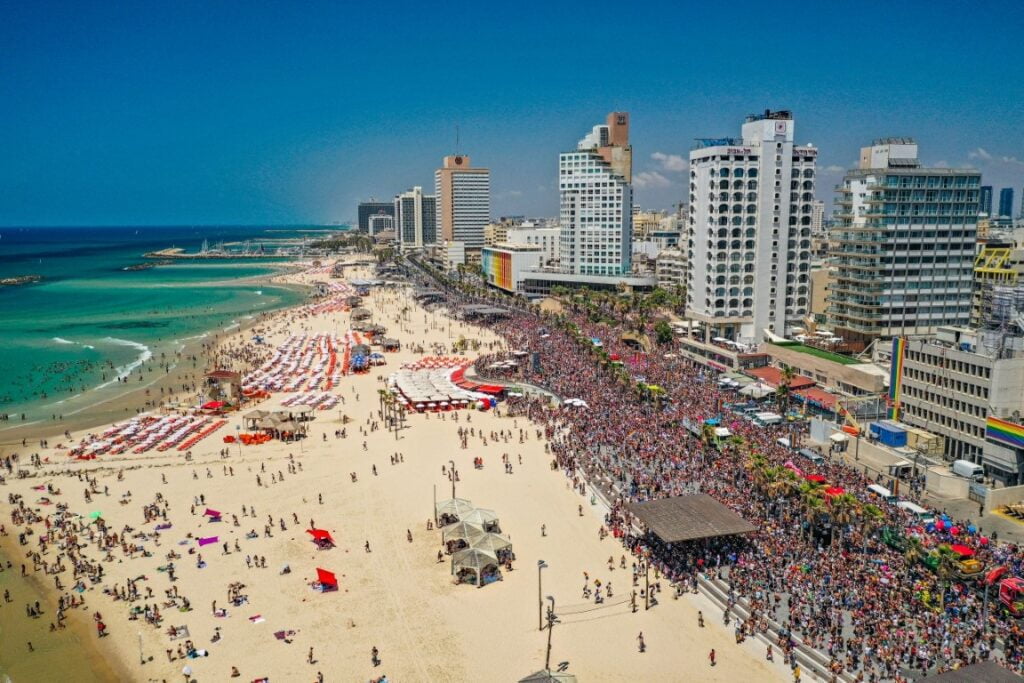
Together, parade participants will set off around midday from Bograshov Beach with party trucks and DJs joining the parade. They will then march south along the seafront toward Charles Clore Park where a concert awaits complete with two performance stages and the Mediterranean Sea in the background. Municipal authorities will release more logistical details as the event nears.
“The importance and significance of being a community was made especially clear during this unconventional year. When everyone was by himself or herself, we strived to be for one another, and all for one,” said Ruby Magen, manager of the Tel Aviv Municipal LGBTQ Community Center.
SEE ALSO: Photo Essay: Tel Aviv Hosts Over 250,000 Revelers For Mideast’s Largest Pride Parade
The parade isn’t the only opportunity for the community to celebrate this June. Other events include seafront parties at Hilton Beach from June 17-26, the Wigstock drag festival on June 22, and the “Subculture” Festival June 16-19 that will also mark a farewell to the current Tel Aviv LGBTQ Community Center. These events and many more provide the backdrop for a celebratory Pride Month and a flourishing of the Tel Aviv LGBTQ community.
A changing country
All of this comes at a unique political moment for Israel and for the LGBTQ community. A new government took power this week, putting the more progressive left-wing parties in the coalition for the first time in more than a decade.
Sign up for our free weekly newsletter
Subscribe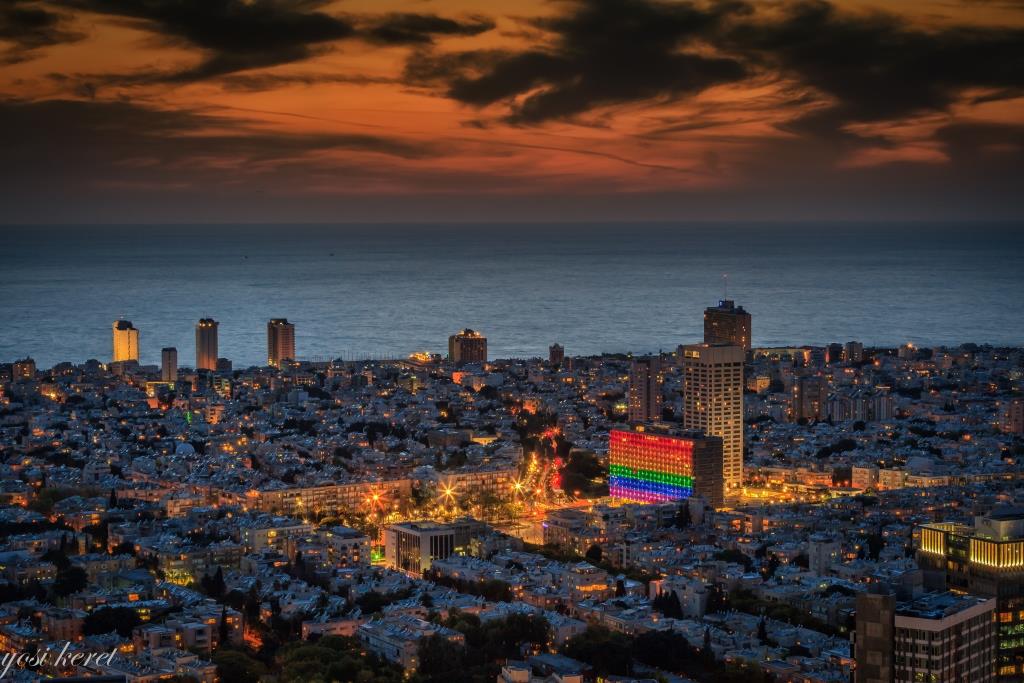
At the same time, the diverse new coalition also includes parties on the right and the Islamist Ra’am party, which has said it’ll oppose any LGBTQ rights legislation. But hope remains that the parties can reach an agreement on advancing LGBTQ rights as the fragile coalition settles.
Momentum for such national legislation has grown with other tangible action in recent years. In June 2020, the Tel Aviv-Yafo municipality announced that cohabitating couples, including those who are LGBTQ, could register their relationship and enjoy the same rights and services provided to married couples.
Earlier this month, the municipality said the first LGBTQ couples had officially registered as family units in a unified database and would receive equal access to municipal services, including the enrollment of children in Tel Aviv’s educational institutions.
To register, partners must be defined as a common law couple by the National Insurance Institute (Bituach Leumi) or present an affidavit proving their cohabitation that an attorney has signed.
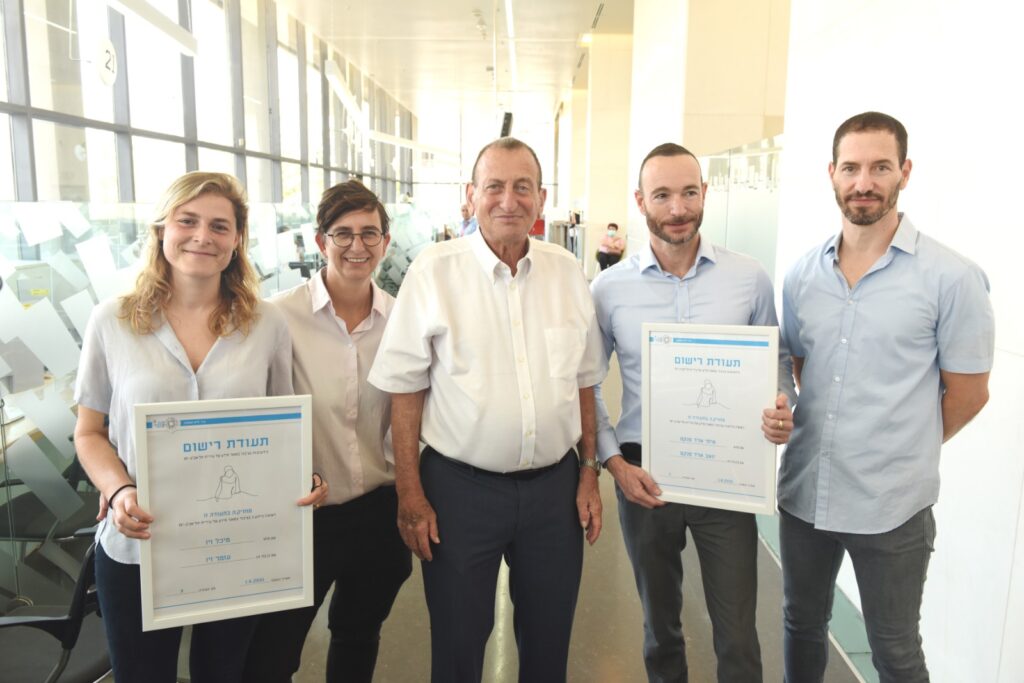
“I welcome the addition of registration for couples to the municipal databases. Tel Aviv-Yafo Municipality recognizes every couple. The registration makes this clear and eases the bureaucracy for couples,” Huldai said in the announcement. “I hope that the Israeli government will soon close the gap and step forward into the twenty-first century, by implementing equal rights in matters of personal status. In particular, progress is required in regards to the LGBTQ community: the right to marry, equal parenthood, protection from hate crimes and abuse in the workplace, and more. This message will originate from Tel Aviv-Yafo and spread across the country. We will not give up until rationality proves victorious.”
Movement has also built toward changing the law barring LGBTQ couples from adopting in Israel. Though a court ruled in 2008 that same-sex couples could adopt, the Knesset law had never changed and strict limits were placed on adoption by LGBTQ couples. But in December 2020, key ministers approved a draft of a bill to change this, and while the right-wing parties of the previous coalition made its passage unlikely, the new coalition built with more progressive partners offers hope that the bill could become law.
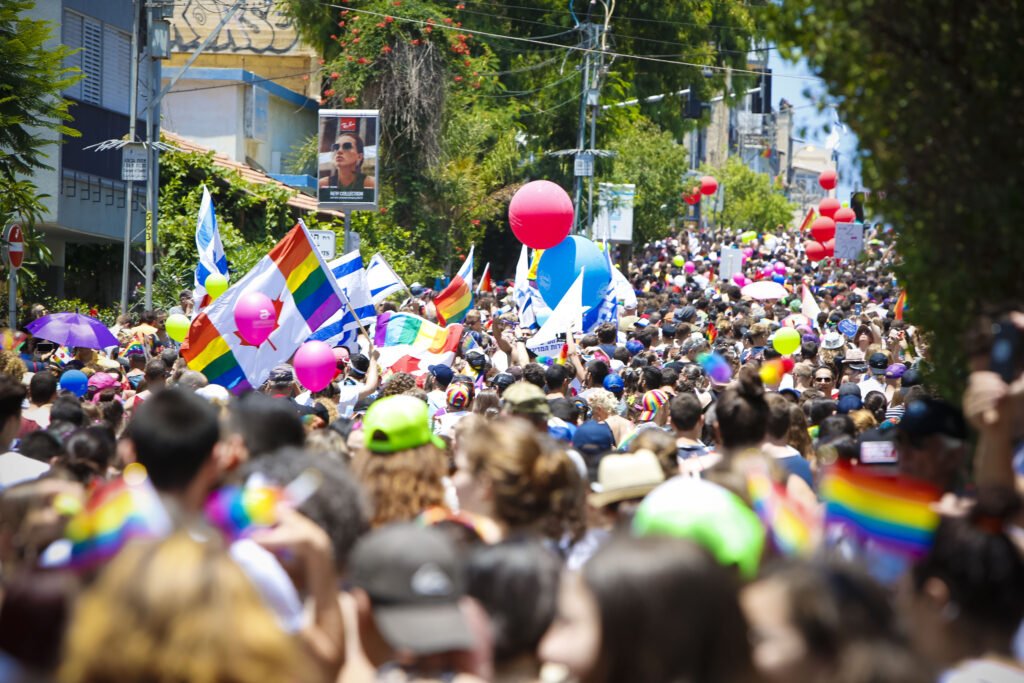
As the legal momentum builds, events like the Pride Parade become even more important for advancing LGBTQ rights, both as celebrations and symbols. “The Pride Parade is our cry for equality and a clear symbol of our demand for a free and democratic country for every person – a message that is especially appropriate and important now,” said Etai Pinkas Arad, Tel Aviv-Yafo city council Member in charge of LGBTQ Affairs, who initiated the unmarried couples registration process. “The LGBTQ community in Tel Aviv-Yafo counts tens of thousands of members and, together with tens of thousands more from across the country, we will protest but also celebrate the achievements we have made during our struggle – which is a struggle for life. This year, the community will return to the streets in great numbers.”
In a remark showcasing the hope of Israel’s LGBTQ community and hope in the world’s potential to beat COVID-19, Pinkas Arad said, “Next year, I look forward to being joined by our friends and partners from across the world.”
Related posts

Rehabilitation Nation: Israeli Innovation On Road To Healing

Israeli High-Tech Sector 'Still Good' Despite Year Of War


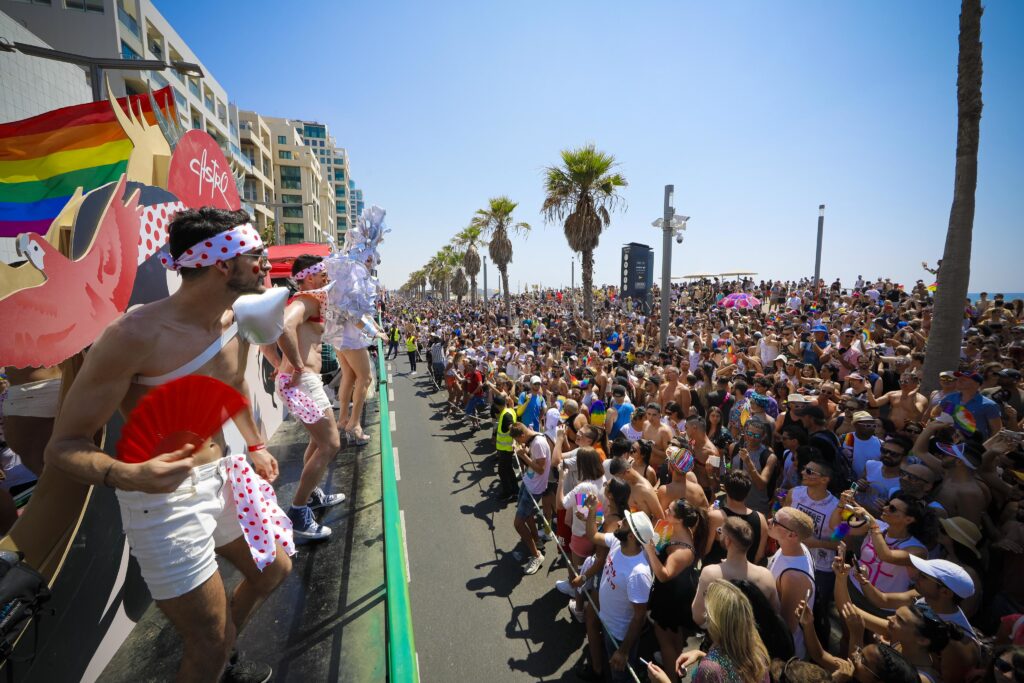


Facebook comments